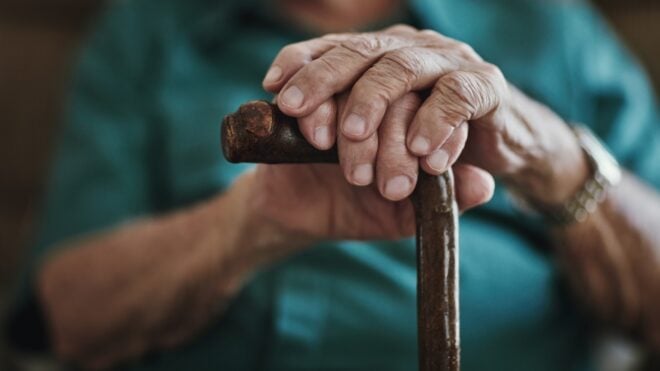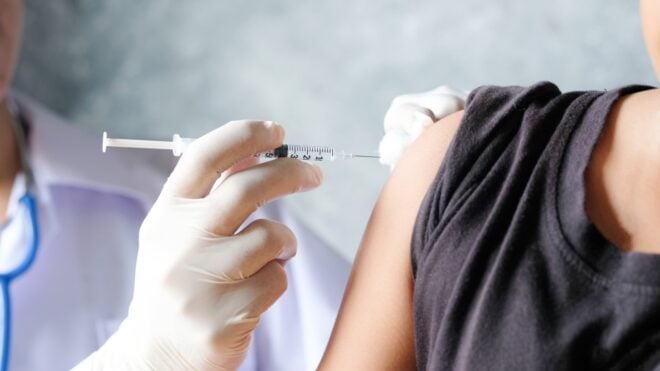For many adults, a simple cup of coffee can be the difference between feeling awake and unable to function. Most of us drink coffee so often that we probably forget that caffeine is classified as a drug.
According to the Alcohol and Drug Foundation, caffeine is "a stimulant drug, which means it speeds up the messages traveling between the brain and the body."
Like all drugs, too much can be a very bad thing. In fact, there is such thing as a deadly caffeine overdose. And while a cup of coffee is great pick-me-up in the morning for an adult human, caffeine is not recommended for animals.
A baby macaque monkey in Bangkok recently got his hands on a tourist's cup of coffee, and the result was almost fatal.
Luckily, the baby was nursed back to health. However, it took 10 long hours for him to recover.
[H/T: Daily Mail]
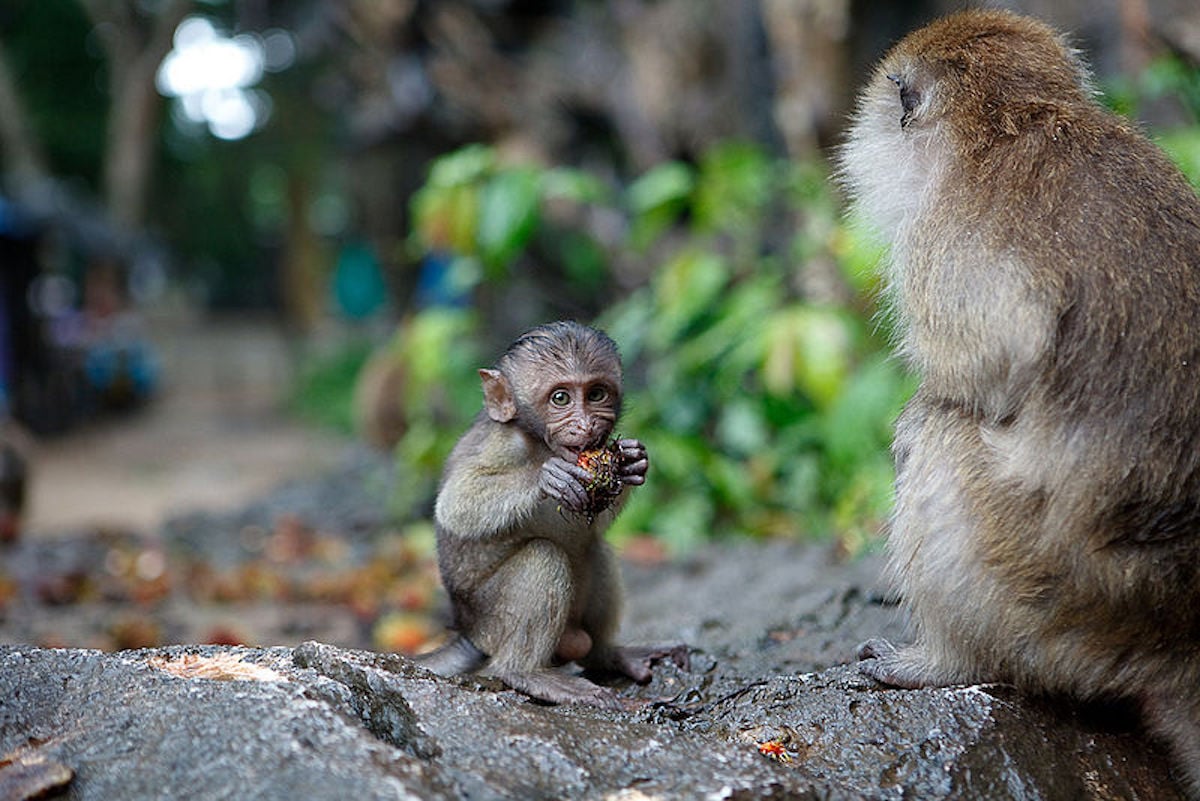
According to National Geographic, the rhesus macaque is the most widespread of the macaque species. In fact, the only primates more common than macaques are humans.
Like humans, rhesus macaques' ability to adapt to their environment allows them to survive in a variety of different habitats — including cities.
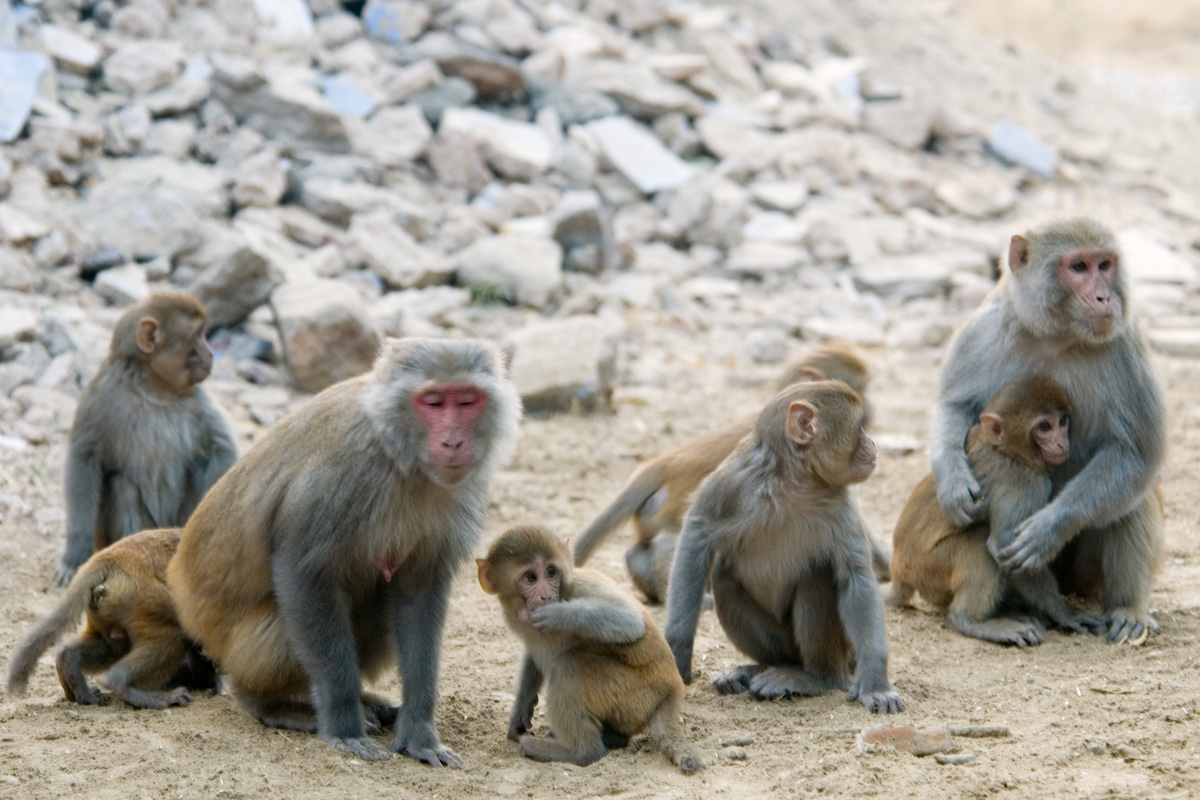
Another reason they survive so well in cities? There is always food to eat.
These omnivorous macaques can digest more or less anything they get their hands on — except coffee.
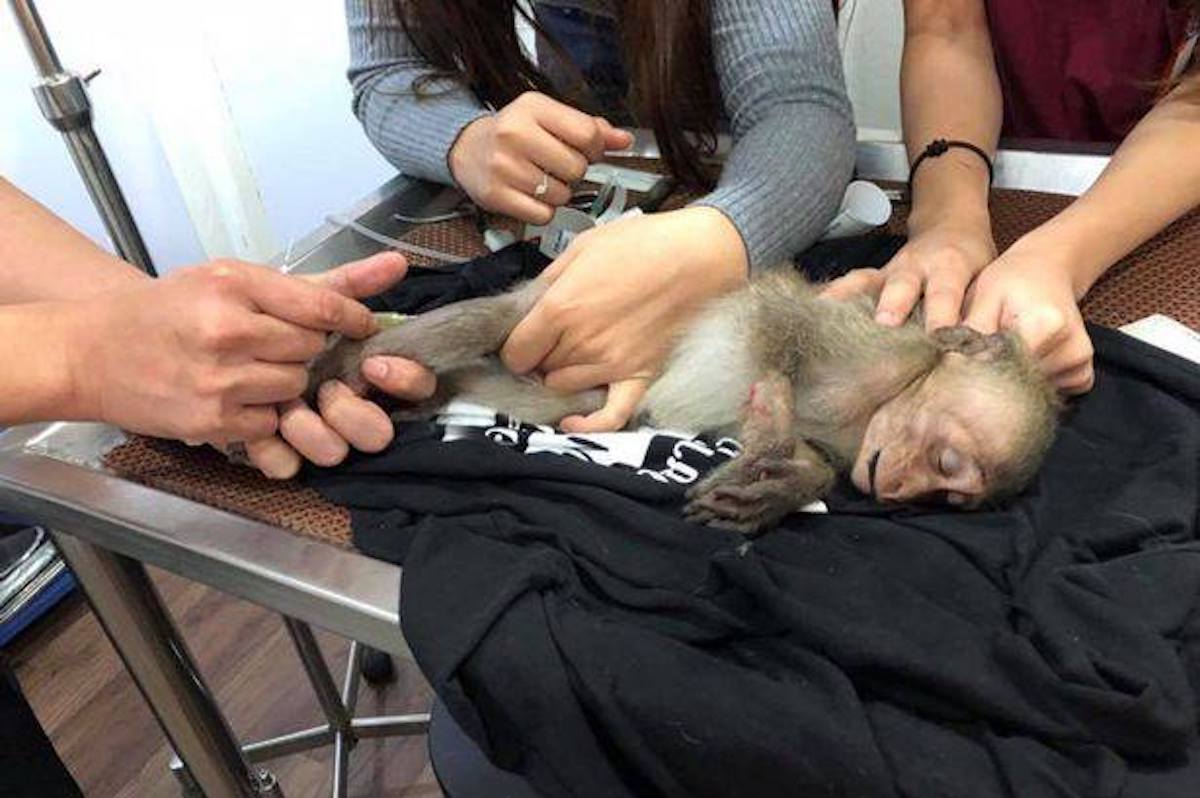
This macaque allegedly drank an entire cup of coffee that a tourist had left behind.
The baby monkey certainly didn't know how all of the caffeine would affect his 10-pound body.
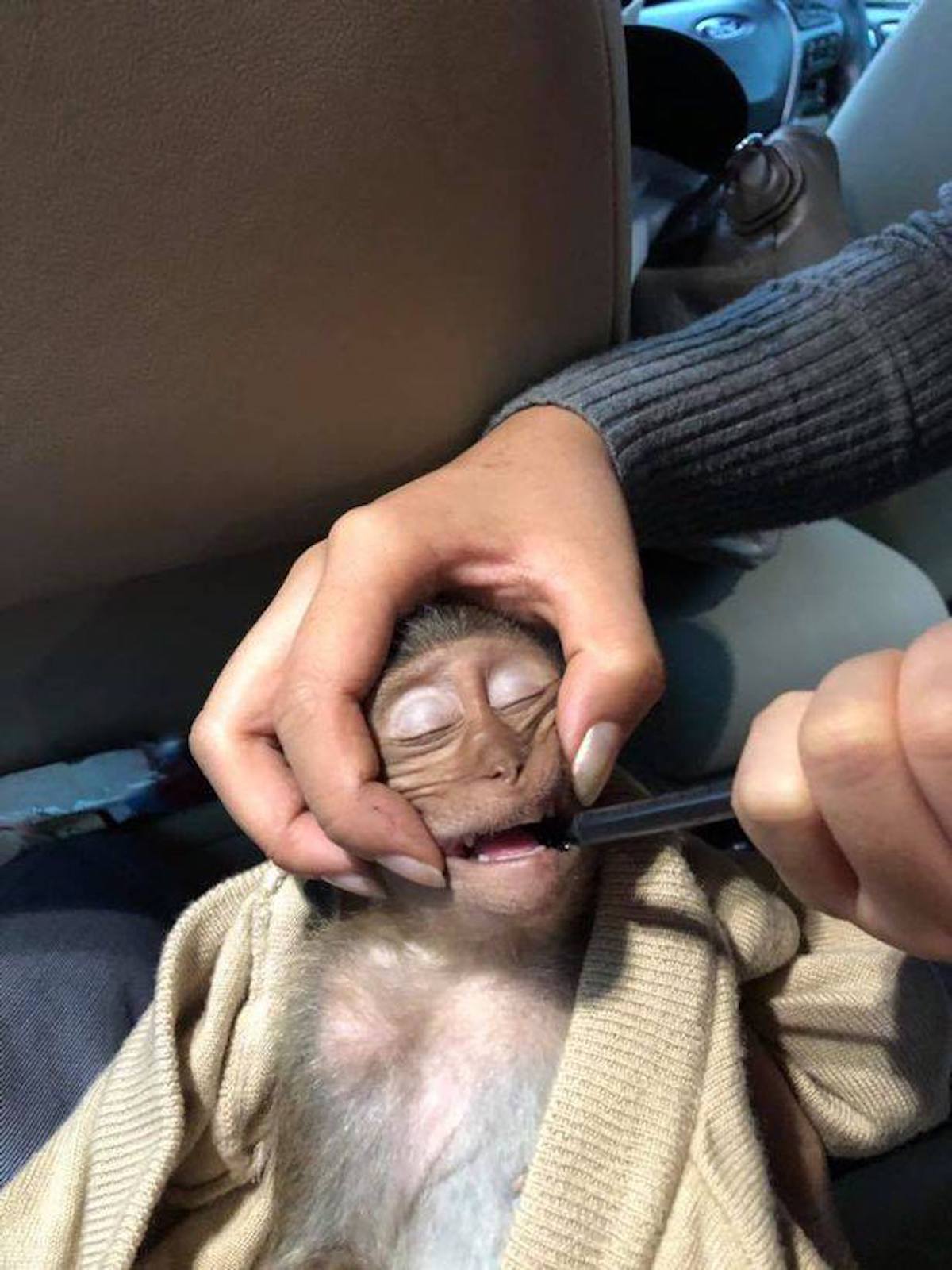
Onlookers say they saw the monkey sipping the coffee, then quickly fall ill.
A vet was called and immediately began nursing the little guy back to health.
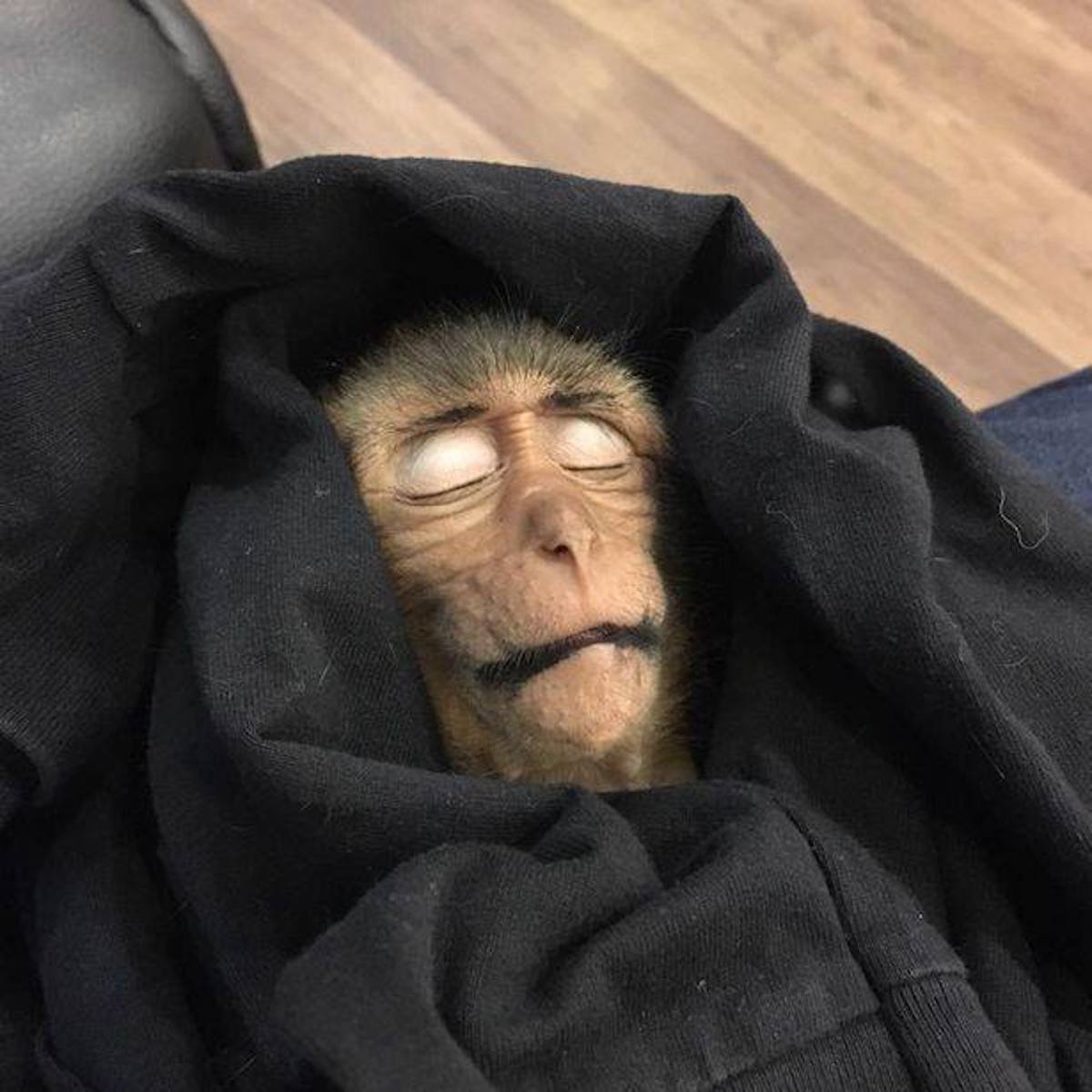
It took 10 hours and a carbon saline solution for the monkey to wake up from his caffeine overdose.
Luckily, he has recovered and there were no monkeys lost in the incident.
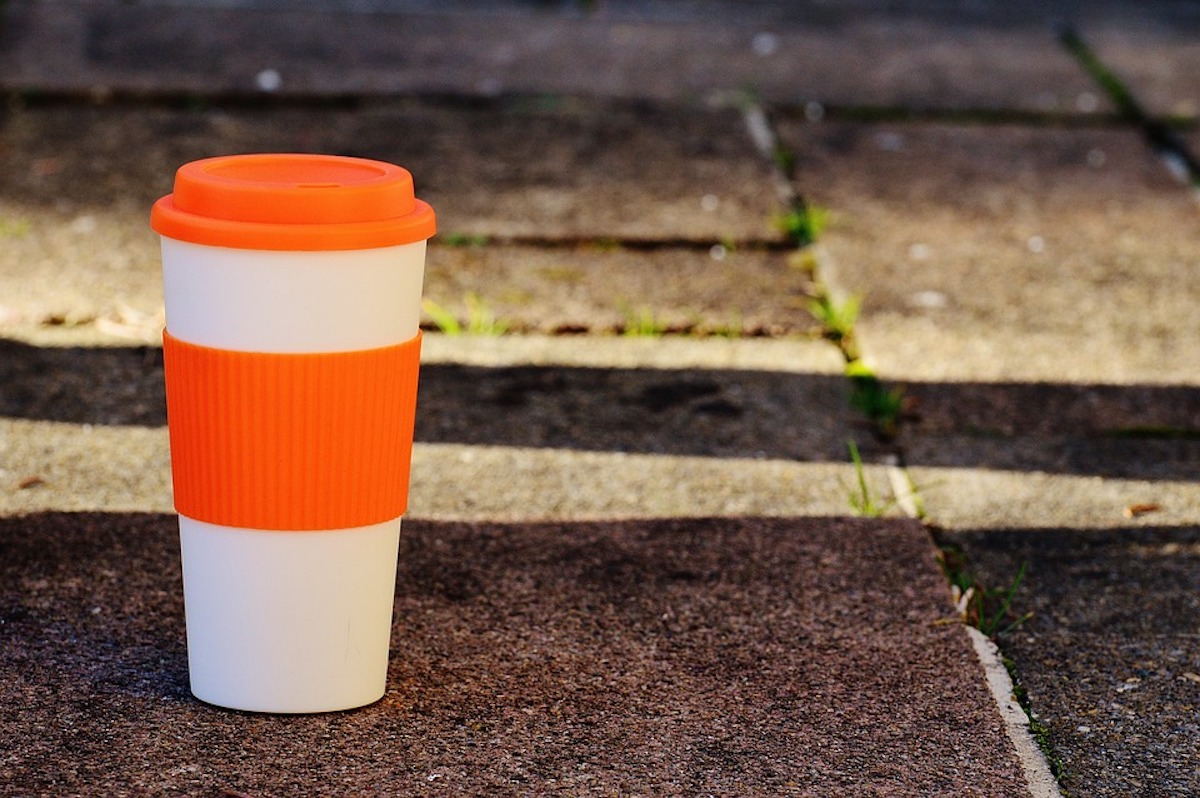
The area in Bangkok is marked with no littering signs to prevent incidents like this from happening.
Unfortunately, not everyone listens — and monkeys are clever enough to figure out a way to get what they want.
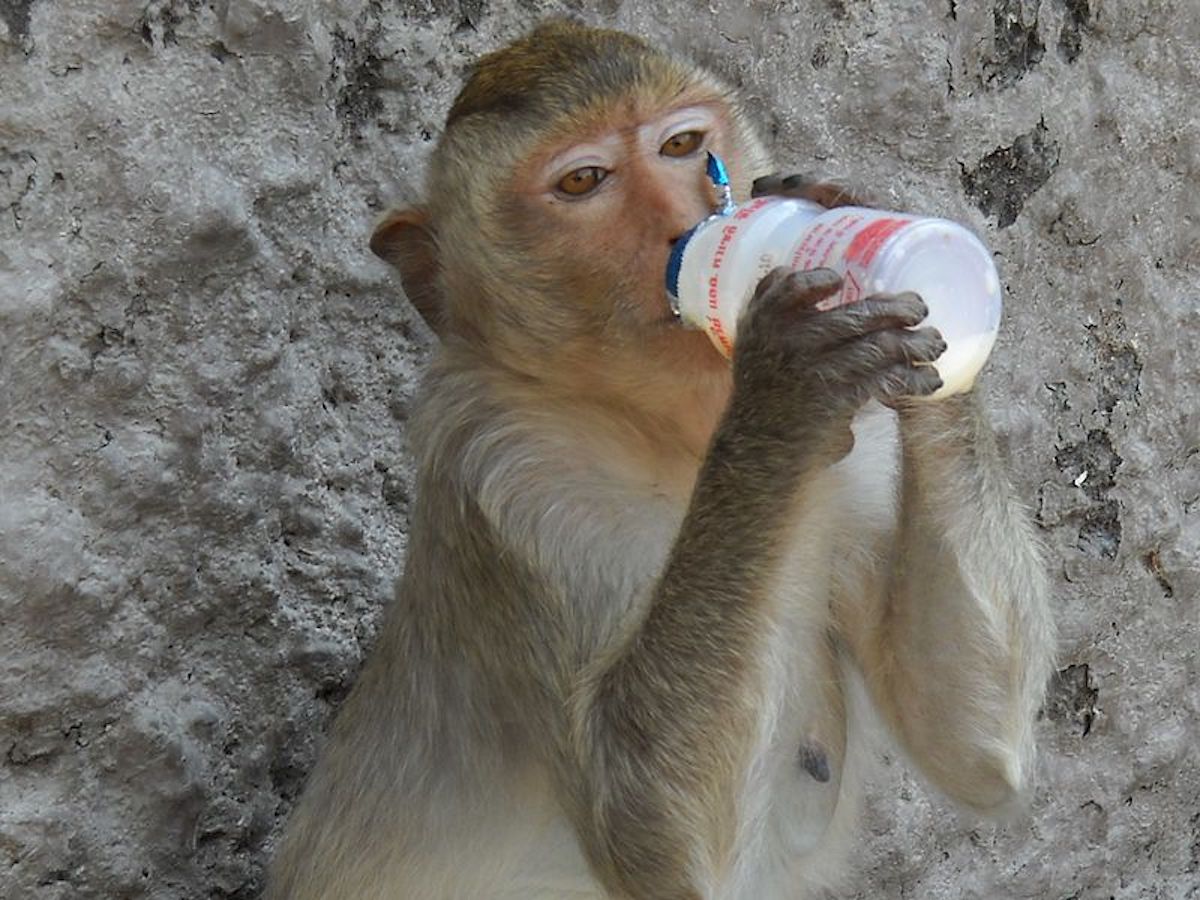
Locals believe that the monkey saw a tourist drinking from the coffee cup, and wanted to do the same. There is some truth to the saying, "Monkey see, monkey do."
Other primates will often mimic the behavior of humans.
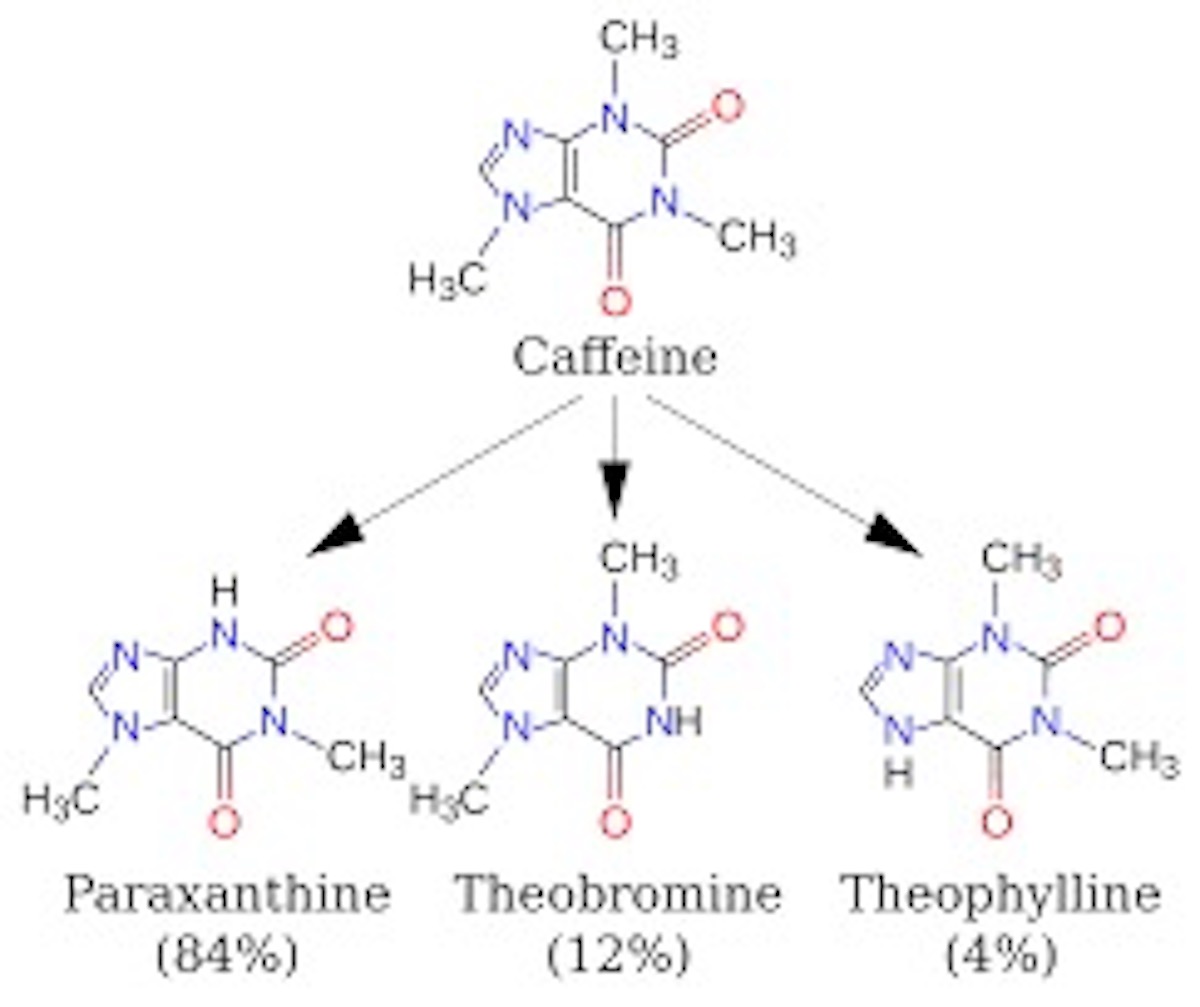
The Mayo Clinic recommends a daily limit of 400 mg of caffeine per day. That's around 4 cups of coffee or 10 mg of Coca Cola.
Of course, a little monkey who has never had caffeine before has a much, much lower tolerance.
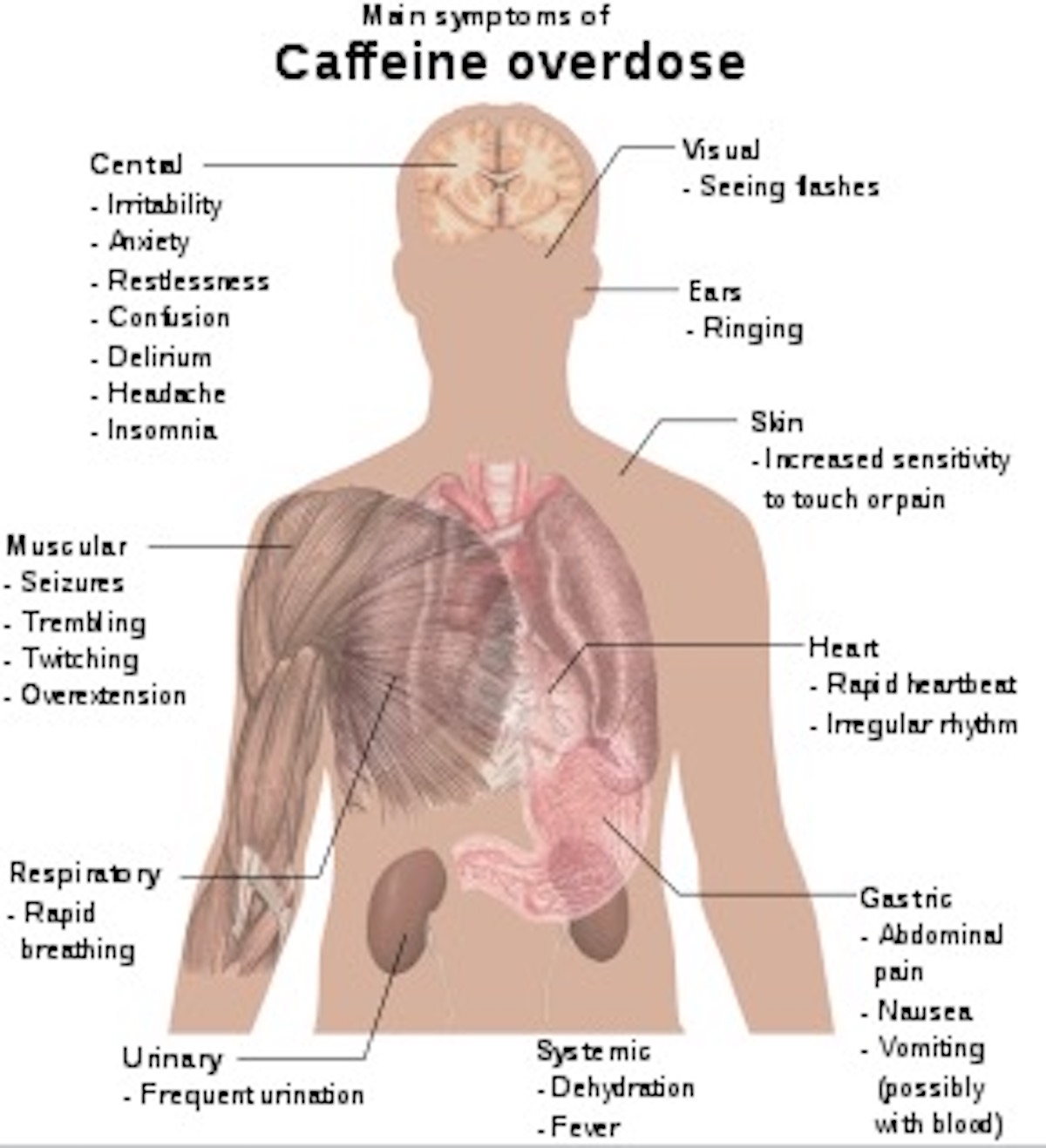
For a human adult, the side effects of a caffeine overdose are probably what you would expect.
People report restlessness, anxiety, jitters, vision problems, and even seizures.
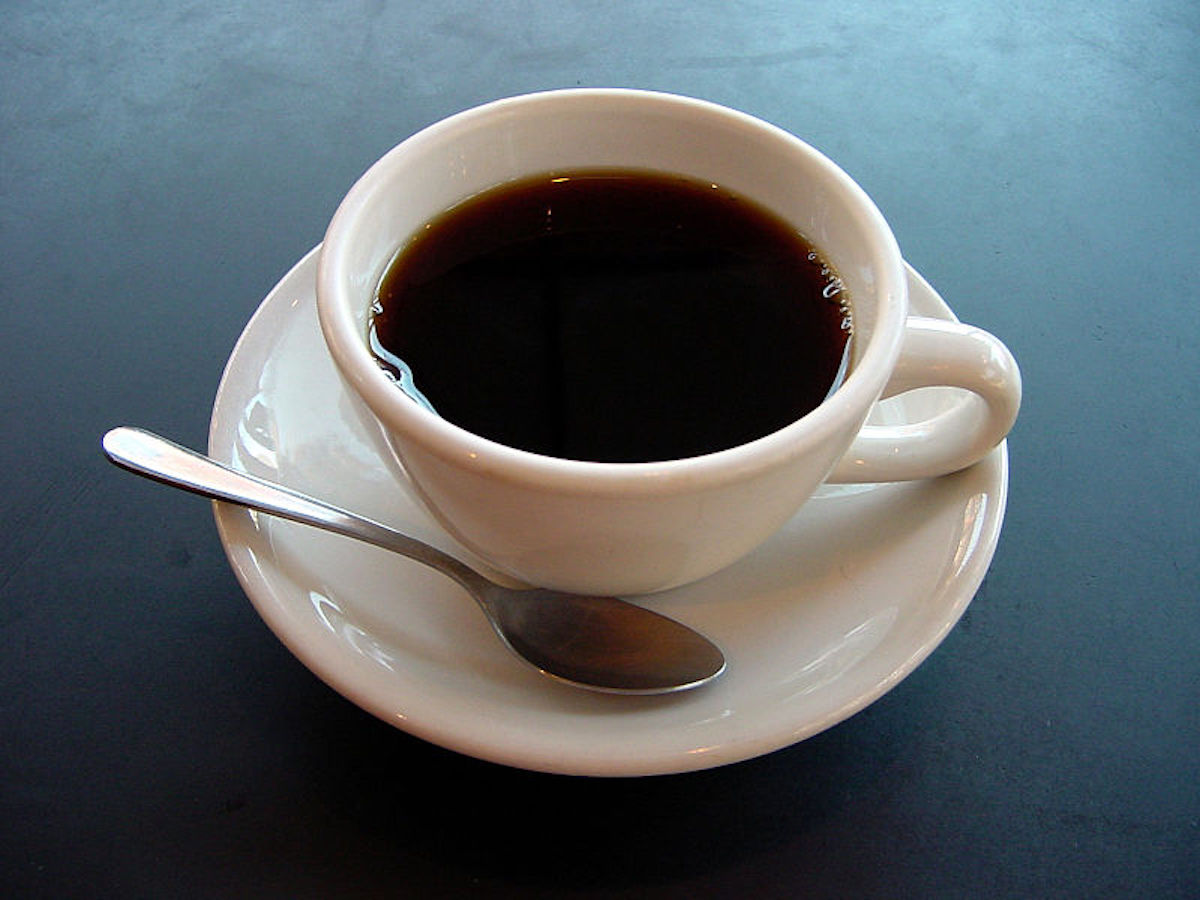
Needless to say, monkeys or other animals should not be consuming caffeine. Save the coffee for yourself!
Be sure to SHARE this story with your friends who love monkeys!


